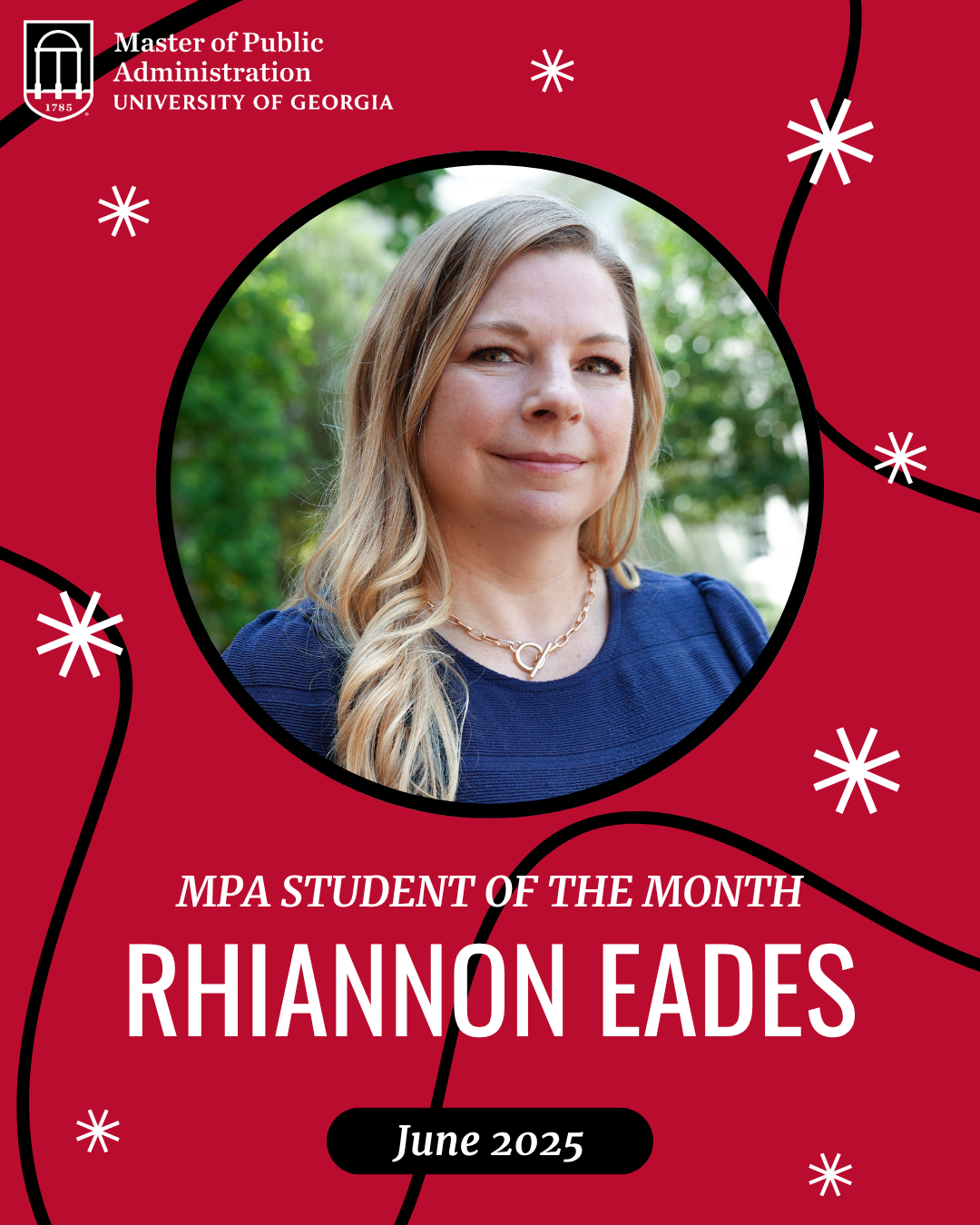Don’t just study policy—master the data that drives it.
The Undergraduate Certificate in Data Analytics in Public Policy will provide undergraduate students with the knowledge and skills needed to pursue 21st century careers in data analytics in public policy by providing enhanced training in data collection, data management, data visualization, and data analysis and interpretation with respect to public policy, in particular, and the social sciences, more broadly. The certificate program requires students to complete coursework covering specialized quantitative methods commonly used by analysts in all sectors of the economy. The certificate also places students on an advanced track to post-secondary education.
Read about one student’s journey










